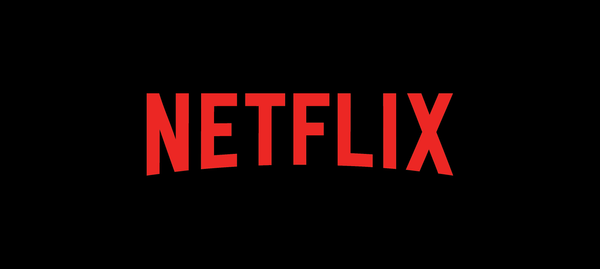Netflix Execs Asked For $166 Million In Pay, While Writers Are On Strike. Shareholders Told Them To Get Bent.
Executives are a whole lot more replaceable than writers.
On Thursday, Netflix shareholders voted in a non-binding resolution at their annual meeting to oppose the company's proposed executive pay package, valued at about $166 million. While the official tally has yet to be released, only 27 percent of shareholders voted in favor of the executive pay package at last year's meeting and in fact demanded caps on executive earnings. With the WGA writers strike in its second month, that percentage is likely to decrease even further. Because really, why should executives make tens of millions of dollars when the next season of "Stranger Things" is on hold due to the fact that they don't want to pay people enough to write it?
Writers Guild West President Meredith Stiehm sent out a letter to the shareholders this week, pointing out that it sure would be crappy for executives to pay themselves millions while insisting that they just don't have the money to fairly compensate writers. The WGA estimates that fair compensation for Netflix's writers would come to about $68 million per year, which is less than half of what the executives are asking for.
The compensation package proposed to shareholders would have capped the salaries of Ted Sarandos and Greg Peters, co-CEOs of Netflix, at $3 million ... but they would also have stock options and bonuses that would raise their total yearly compensation to $40 million and $34 million respectively. This means two of them believe that they are $6 million more valuable than all of the writers put together in the writers' dreams, let alone whatever they're actually being offered in reality.
In the letter, Steihm explained that the refusal to pay writers will tank the value of the company and therefore the value of their stock.
“Netflix’s content pipeline has been blocked, with dozens of projects that were in development or ordered to series as of May 1st unable to move forward until WGA negotiations conclude,” Stiehm wrote to Netflix shareholders. “A delay in the writing, production, and release of new content may impact Netflix’s ability to attract and retain subscribers and viewers just as the company asks customers to watch advertising and pay more for its content.”
She also sent a similar letter to Comcast shareholders, who will be having their own annual meeting on June 7.
“Approval of this compensation package is inappropriate in light of the ongoing WGA writers’ strike and the associated risks that Comcast executives are creating for investors,” Stiehm wrote. “Shareholders should send a message to Comcast that if the company could afford to spend $130 million on executive compensation last year, it can afford to pay the estimated $34 million per year that writers are asking for in contract improvements and put an end to this disruptive strike.”
As much as I'd love to cheer shareholders for siding with the workers in this situation, this is literally an economic decision . These are shareholders who do not want to lose money. We tend to see measures that favor workers over executives as, you know, a thing people do in the interest of fairness and justice. We tend to see it as an ethical issue, a don't-cross-the-picket-line issue. And it is — but it's still, without question, an economic decision. It is about the bottom line. The shareholders simply stand to benefit far more economically from that money going to writers than they would benefit from it going to executives.
Paying executives more doesn't help them, it doesn't increase the value of their shares — but if the streaming service doesn't have writers, it doesn't have any new exclusive shows, and if it doesn't have any new exclusive shows, the value of the stock will go down and they will lose money.
The fact is, executives are simply far more replaceable and interchangeable than writers are, especially when the writers are unionized. If an entire C-suite of executives were to quit because they felt they were entitled to more millions than they got, it would be a hell of a lot easier to replace them than it would be to try to run a paid streaming service without any writers.
Do your Amazon shopping through this link, because reasons .
Wonkette is independent and fully funded by readers like you. Click below to tip us!




There are streaming services which require a phone call? What is this, 1991?
Sounds like exactly the sort of thing that's just begging for minority shareholder lawsuits. Seriously, why hasn't that happened?